The True Drought of The West: Critical Thinking
The True Drought of The West: Critical Thinking
“critical thinking isn’t accidental it’s systematically cultivated because critical thinkers are harder to control and less profitable as consumers.”
What happened to critical thinking?
Let me be real with you. Critical thinking is not a personality trait. It’s not your degree. It’s not how many books you’ve read or what kind of job you have.
Critical thinking is the discipline of questioning everything even yourself. It’s not just “thinking hard.” It’s vulnerability. It’s clarity. It’s honesty. It’s being willing to say, “What if I’m wrong?” It’s about stepping back and looking at the whole picture without the fog of emotion, ego, or performance.
It’s logic over comfort. Self-auditing. Skepticism with a backbone.
And right now? It’s rare. Not because people are dumb but because this system is designed to keep you from thinking too much.
Critical thinking is inconvenient. It slows you down. It keeps you from buying the bullshit.
So of course the system doesn’t want you using it. The more you think, the harder it is to be sold to. To be controlled. To be distracted. They don’t want you awakening to the truth. They want you running. Fast. On the hamster wheel.
And when critical thinking disappears, it’s not just about weak arguments. It’s about spiritual erosion. You lose your anchor. You lose your clarity. You stop knowing what’s real.
This is the drought. Not water. Not cash. It’s the drought of thought.
Part I: The illusion of choice
In America, they love to tell you you’re free. You’ve got choices. You’ve got autonomy. You’ve got control. But most of the time, you’re choosing from a script they wrote.
Look at politics. Every election, you get two names. Democrat or Republican. Independent candidates get buried. Debate stages are gatekept. So are you choosing or just picking the poison that tastes the least bad?
And here’s where critical thinking disappears completely: People get so stuck in their political identity that they can’t even say, “That policy helped people,” just because it came from someone they hate.
I don’t like Trump as a person. I think he’s a horrific human being. But I can also name things he did that helped. Because critical thinking doesn’t ask, “Do I like this person?” It asks, “Did this action help or harm?”
The inability to see value in something just because it came from someone you dislike? That’s emotional thinking not critical thinking.
And it’s tearing families apart. People are cutting each other off over who they voted for. But both sides are stuck in their own echo chambers, parroting headlines with no deeper look.
Now apply this to your daily life. Let’s talk about school. You’re told: go to school, get good grades, go to college, get a job. It sounds like a plan. But it’s a formula. A funnel.
You’re not choosing your life. You’re walking a path that was paved for you. The illusion is that you picked your major. You picked your career. But the path itself was already designed.
Same goes for consumerism. Think you’ve got endless options? Louis Vuitton, Dior, Fenty, Hennessy? All owned by the same parent company (LVMH).
Unilever owns Dove, Vaseline, St. Ives, Dermalogica, Pure Leaf, Ben & Jerry’s. So again, who are you really choosing?
When the choices are scripted, that’s not freedom. That’s performance.
And when you start to come back to yourself? It hurts. You realize how much of your time has been handed away.
Real freedom isn’t choosing between two bad options. It’s owning your time. Owning your mind. Saying: I’m done performing for a system that doesn’t serve me.
Part II: The machine that feeds on your time
Here’s the other piece of this: Capitalism is not freedom.
It’s performance in disguise. Work harder. Buy more. Keep climbing. And when you get tired? Buy something to cope. If that doesn’t work? Buy something else.
There’s a quote that sums this up well: “Capitalism offers you 100 ways to buy freedom, but none to actually be free.”
And if you really sit with that, it’ll change how you look at your whole life. Because here’s what most people miss: the price you’re paying is your time.
Social media is free because you are the product. You pay influencers with your attention. You pay platforms with your scroll. You pay with your presence and they profit.
Now run that through the average American day: Wake up. Go to work from 9 to 5. Check your phone. Scroll. Eat out at a place that doesn’t nourish you. Go home. Microwave something processed. Scroll more. Sleep. Repeat.
That’s not a life. That’s a loop.
And the obsession with celebrity is part of the trap. The more you care about people you don’t know, the less you care about your own autonomy. You become invested in their outfits, their kids, their drama. And you forget to ask the real question: What am I doing with my own life?
Reclaiming your attention even in small ways is how you start to reclaim your power. You decide what you give your time to. You stop outsourcing your peace. You remember who you are.
Part III: The way they teach you not to think
Let’s talk about school again but deeper.
Because one of the biggest lies ever sold to the public was that school exists to make you smarter. But if you’ve really paid attention, school teaches obedience, not intelligence.
It rewards memorization. Punishes questioning. Teaches compliance, not curiosity.
And that’s not just me saying it. A UC San Diego study lays this bare: Mass education was designed to create obedient workers not critical thinkers.
So when we wonder why grown adults can’t sit with nuance or entertain different viewpoints, it makes sense. They were never taught to.
Let’s take a hard example: Florida rewriting their curriculum to say enslaved people “benefited” by learning skills. That’s not education. That’s propaganda.
Critical thinking is what lets you look at that and say, “That’s dangerous.” It’s what lets you step outside of what you’re told and ask: Who benefits from me believing this? Who gains from this version of the story?
Because if they can rewrite history, they can control the future.
Part IV: What critical thinking looks like in real life
It looks like asking questions even of yourself. It looks like choosing curiosity over comfort. It looks like being okay with not having all the answers and still searching anyway.
You stay sharp by listening to perspectives that challenge you. You stay sharp by being willing to say, “That doesn’t make sense,” and digging deeper. You don’t sit in an echo chamber and call it education.
You grow by asking why. Even when it’s uncomfortable. Even when it makes people around you uneasy.
Because a critical thinker doesn’t just accept. They inspect.
Part V: What now?
What’s one small way people can reclaim their attention today? Choose something that makes you better. Pick yourself over the machine. Say no to something that drains you. Say yes to something that feeds you.
What does it take to raise a critical thinker? Teach kids to ask why and praise them for it. Encourage respectful questioning. Celebrate deeper understanding not just right answers.
What’s your message to someone who’s awakening to the truth and feels overwhelmed? You didn’t miss anything. You’re coming back to yourself right on time. It’s not too late. Start where you are. Question what doesn’t sit right. And keep going.
Part VI: The spiritual bypassing that keeps people asleep
Let’s go deeper now.
We’ve entered a time where spiritual language is everywhere. Astrology, tarot, energy work all things that used to be taboo are mainstream now. But with visibility comes distortion.
Because just like politics or media, even spirituality can be used to escape reality.
You’ve probably heard it: “Positive vibes only.” “Everything happens for a reason.”
That sounds nice. But here’s the truth: Life requires balance. There’s light and there’s dark. There’s joy and there’s grief. And if you’re only willing to sit in the high, you’re not healing , you’re hiding.
Spiritual bypassing is when you use feel-good beliefs to avoid doing the hard work. To avoid accountability. To avoid truth.
And now it’s everywhere. On Instagram. On YouTube. On TikTok. People branding themselves as “spiritual influencers” not to guide, but to gain. Selling aesthetics. Chasing clout. Preaching without walking.
It’s performative. It’s hollow. And it feeds the same machine that critical thinking disrupts.
Worse? It’s dangerous. Because false prophets prey on people’s pain. They use language that sounds light to lead people deeper into illusion. They teach people to trust blindly not to question.
And that’s why this conversation matters.
Because critical thinking belongs in spiritual spaces too. Discernment is sacred. Asking questions is spiritual. Facing truth even when it hurts is part of the work.
You’re not “negative” for calling something out. You’re not “low vibration” for holding someone accountable. You’re just awake.
And waking up isn’t supposed to be easy. It’s supposed to be real.
The drought isn’t just political. It’s spiritual. We are not lacking light. We are lacking clarity. And the only way out is through.
Stay questioning. Stay grounded. Come back to yourself.
xo, Jessica
Subscribe To The Newsletter
The chillest newsletter on the internet.

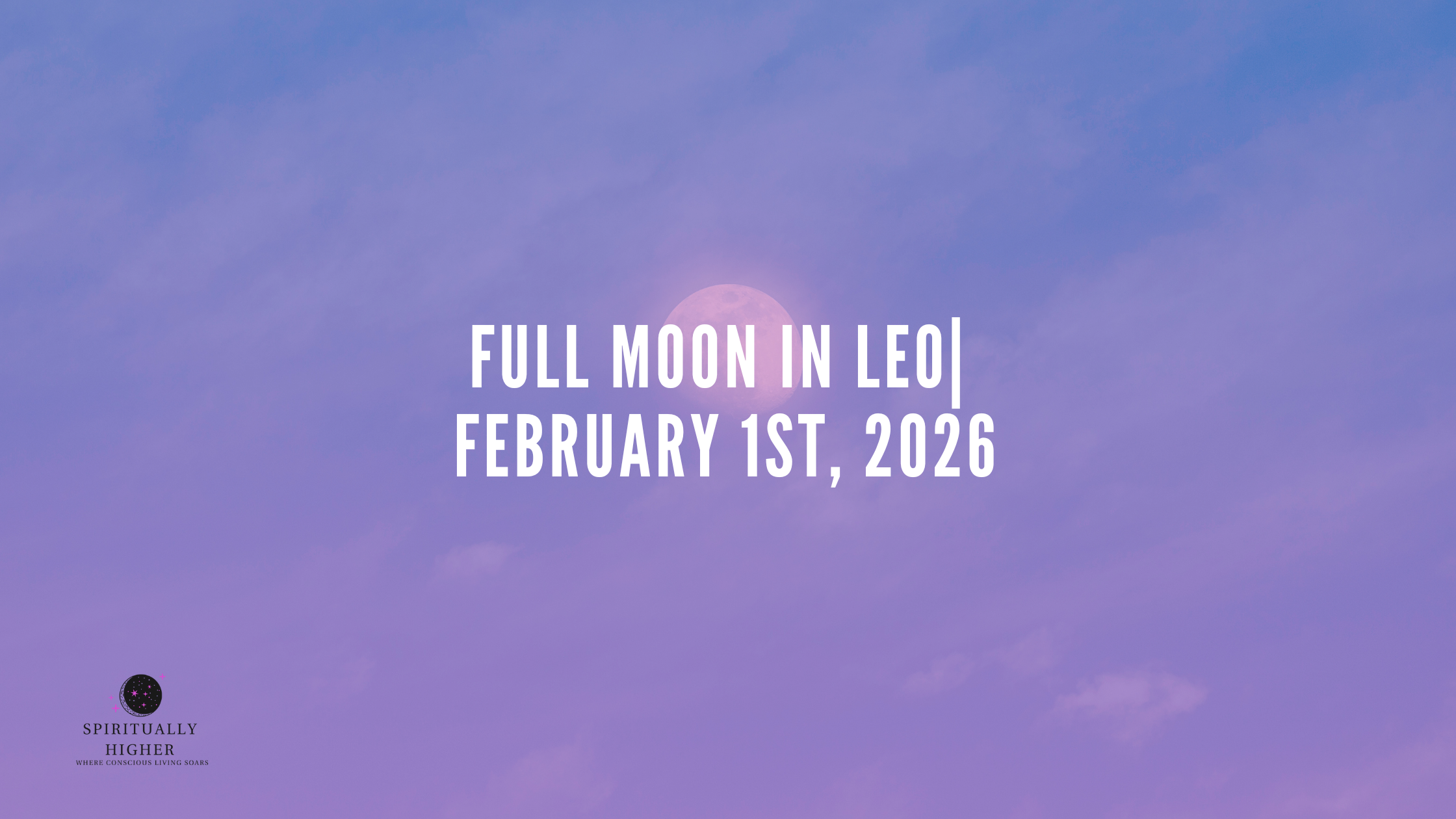
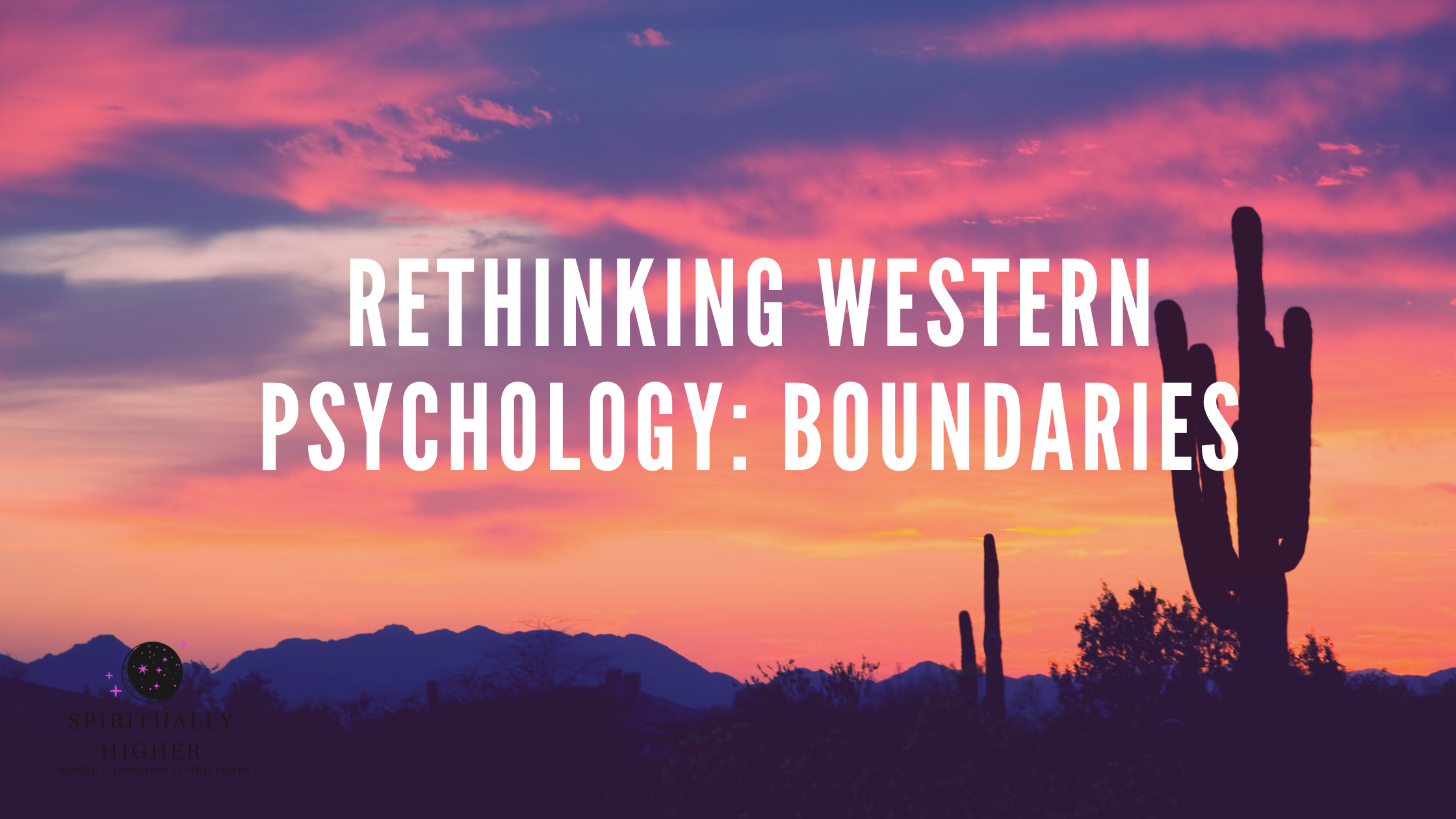
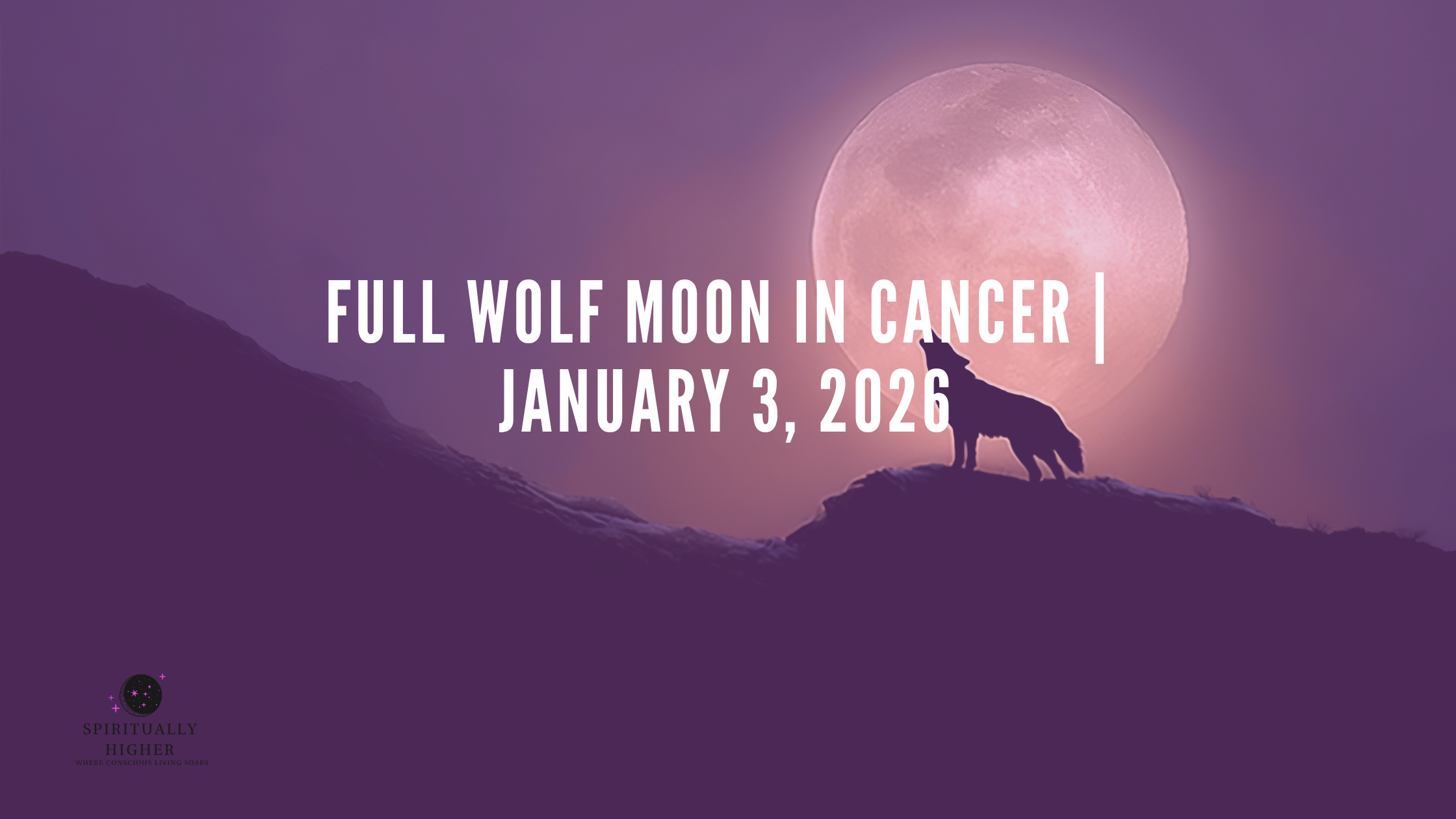
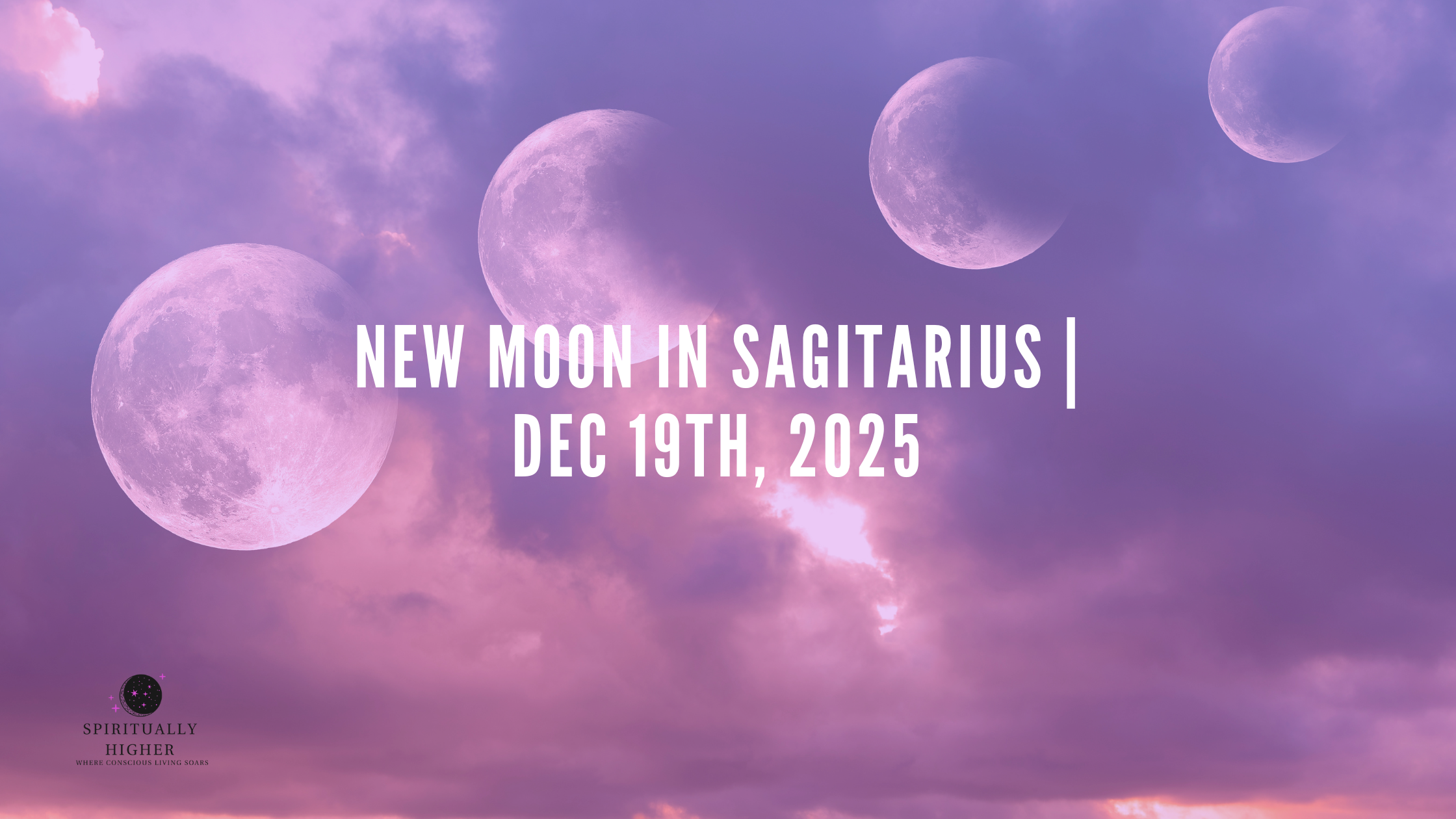
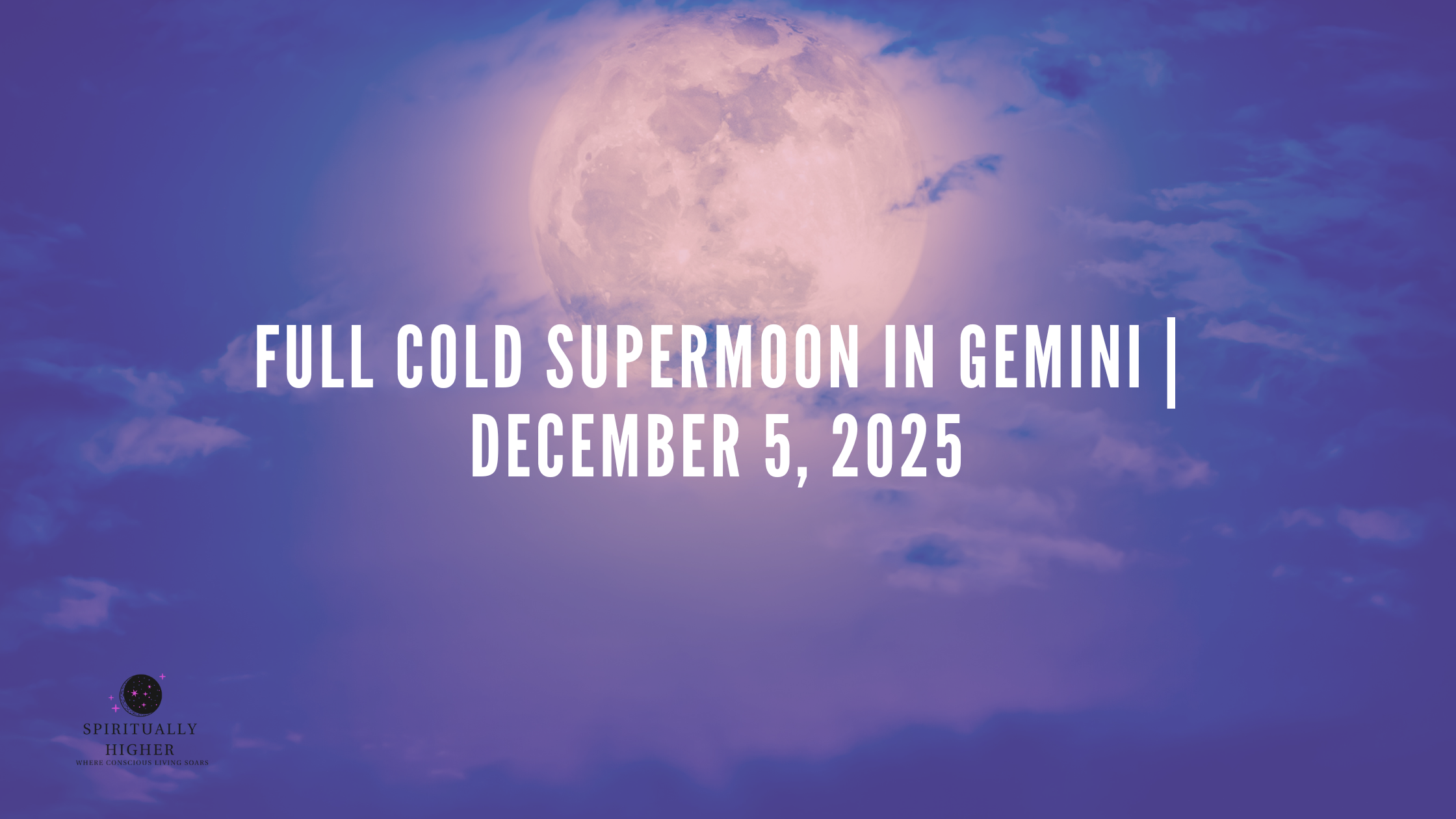
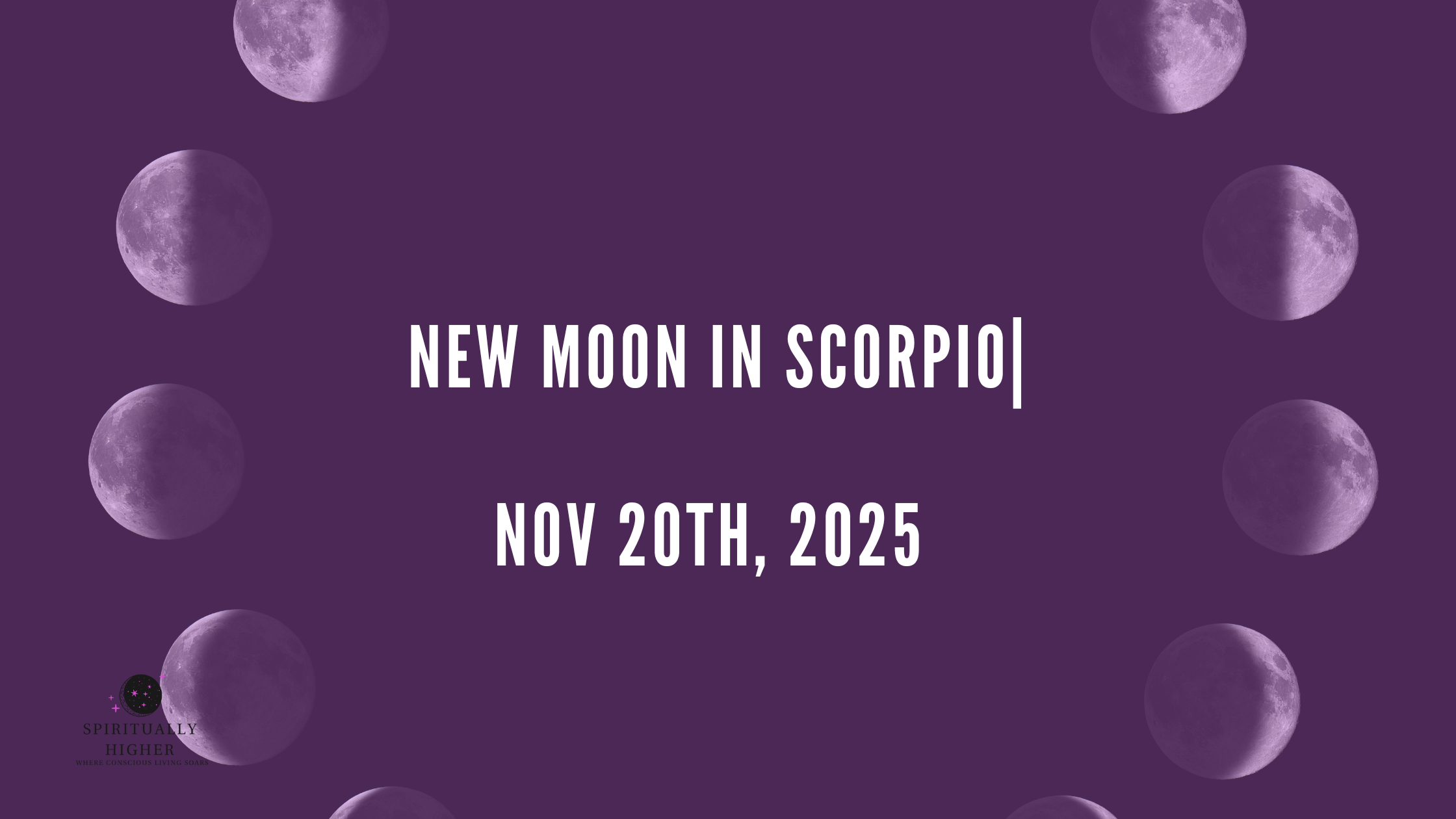
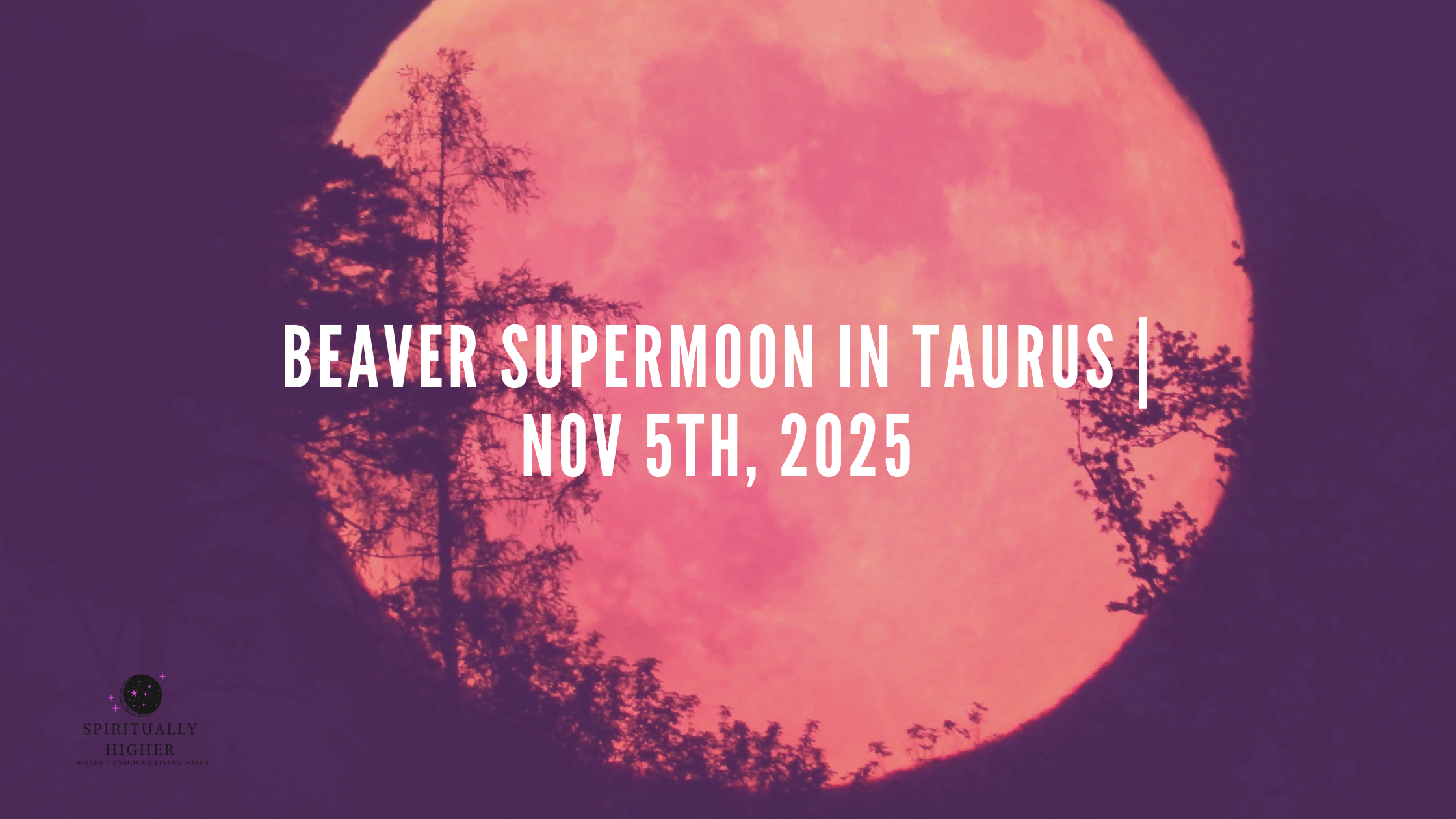

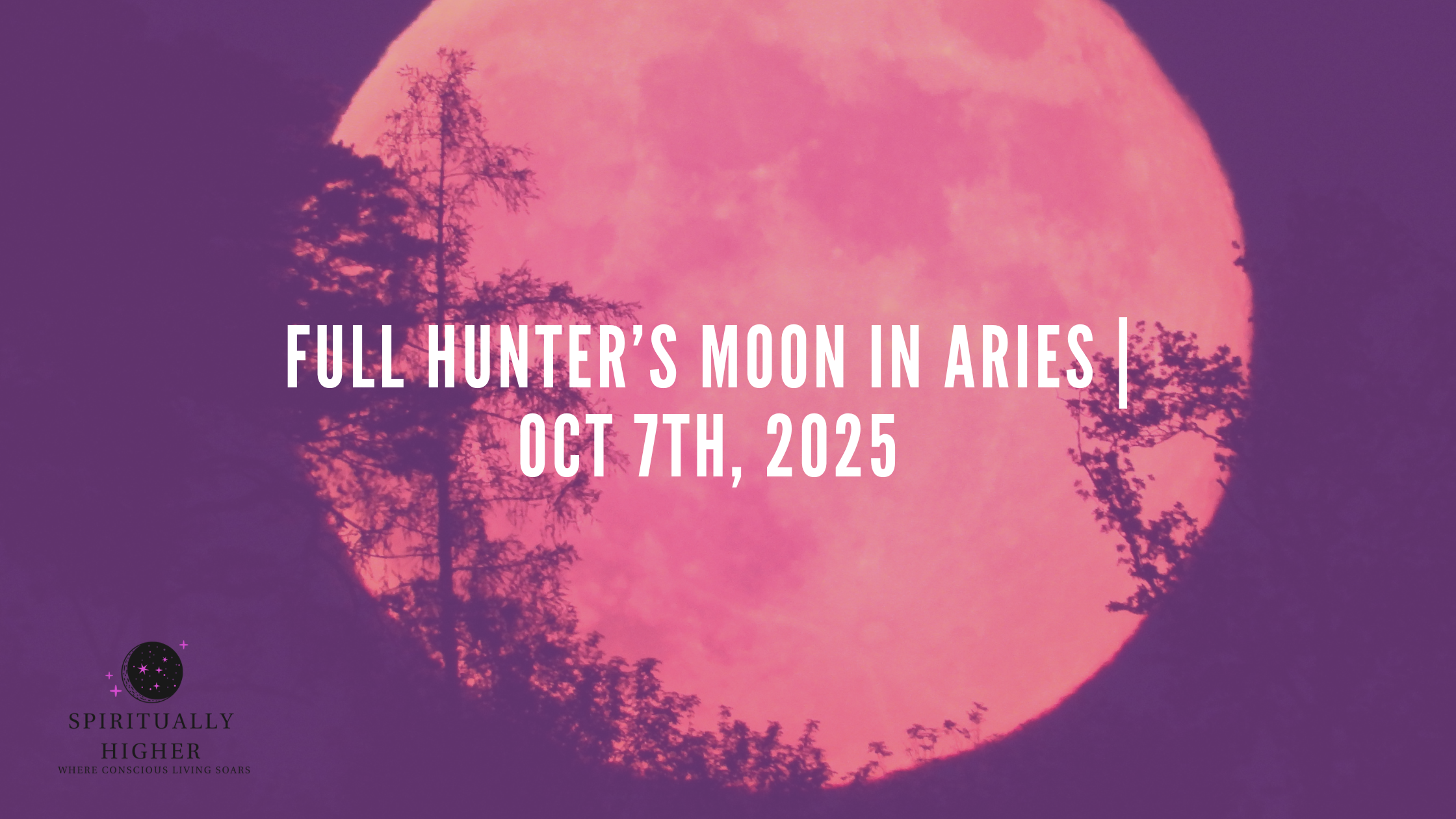
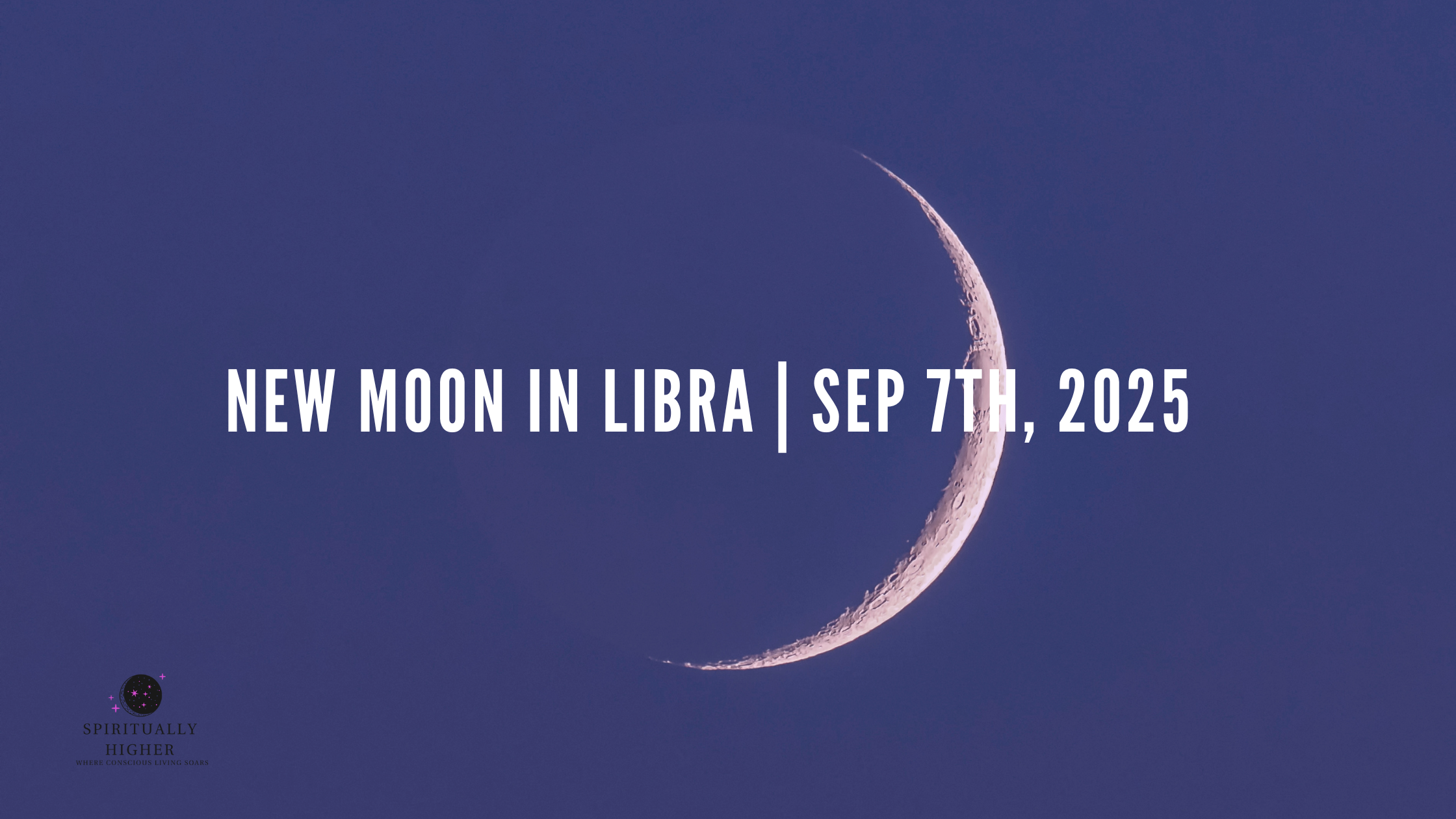
Leave A Comment